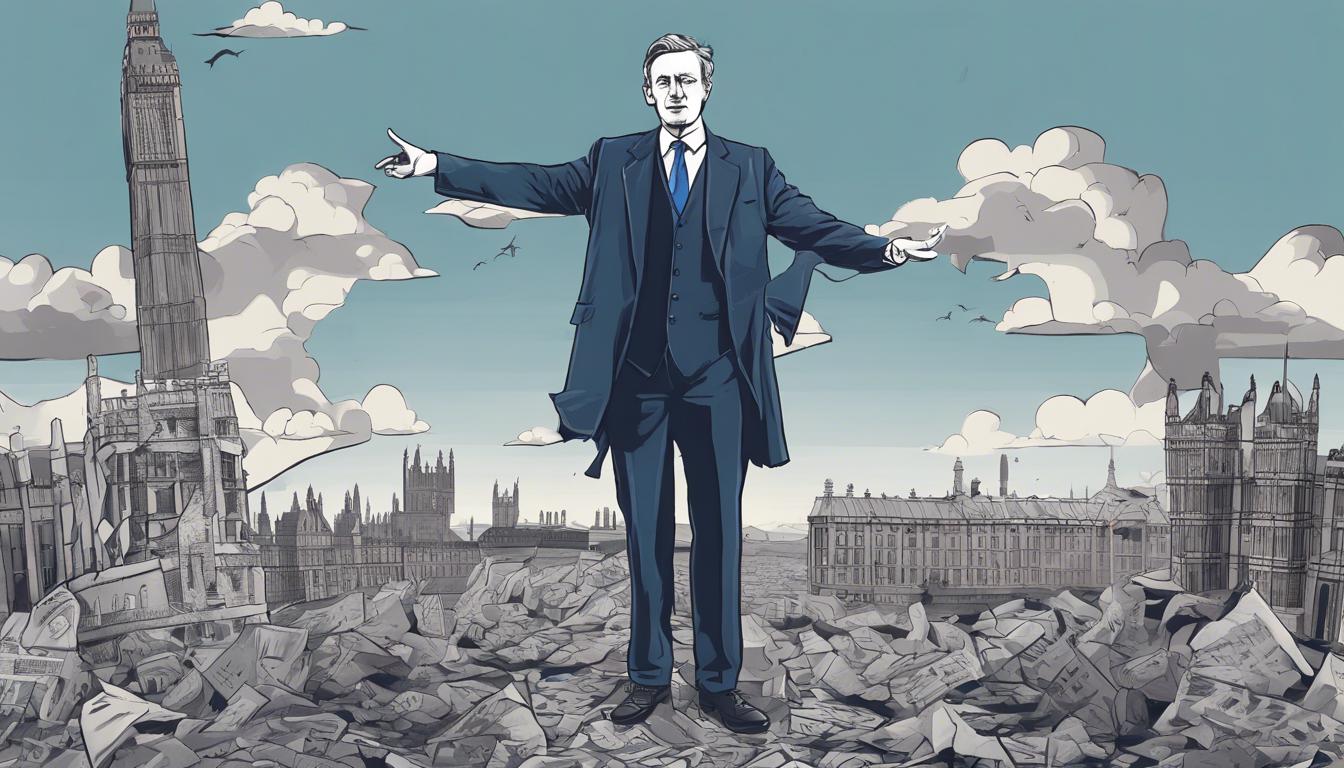Former vice-chairman of the Conservative Party, Lee Anderson, has joined Reform UK, warning of political irrelevance for Tories and highlighting internal tensions within the party.
Lee Anderson, the former vice-chairman of the Conservative Party, has defected to Reform UK, issuing a warning to his fellow Tory MPs about the potential for political irrelevance unless they consider following his lead. This announcement came after Anderson was suspended from the Conservative Party following his controversial remarks about London Mayor Sadiq Khan. Anderson justified his move by expressing a need for a platform where he could freely speak his mind and address his constituents’ concerns, something he felt was not possible within the Conservative Party anymore.
Anderson’s defection marks a notable shift in his political allegiance, especially considering his past vocal support for the Conservative Party and his recent denial of any intent to leave it. His criticism of Reform UK’s leader, Richard Tice, as a “pound shop Nigel Farage” before his switch adds a layer of complexity to his decision. The defection is part of a broader context of internal tensions and dissatisfaction within the Conservative Party, with reports suggesting that up to nine other Tory MPs are contemplating joining Reform UK. This potential exodus is attributed to concerns over the Conservative Party’s current direction and leadership.
Anderson’s move to Reform UK, a party founded by Nigel Farage, has ignited discussions around the implications for the broader political landscape in the UK, particularly regarding the future of right-wing politics and the Conservative Party’s unity. His political journey, from working in coal mines to a brief tenure as deputy chair promoted by Rishi Sunak, has been marked by controversy, including his inflammatory comments towards asylum seekers and Mayor Khan.
The switch was not without its peculiar moments, evident during a press conference where Anderson’s interactions with the media spotlighted his combative stance. He refused to engage with specific journalists and criticized others, all while defending his decision and highlighting his parents’ support for his move to Reform UK.
Anderson’s defection and the manner in which it was conducted have sparked debates about the evolving dynamics within the Conservative Party and the broader UK political scene, raising questions about the future trajectory of right-wing politics in the country.













